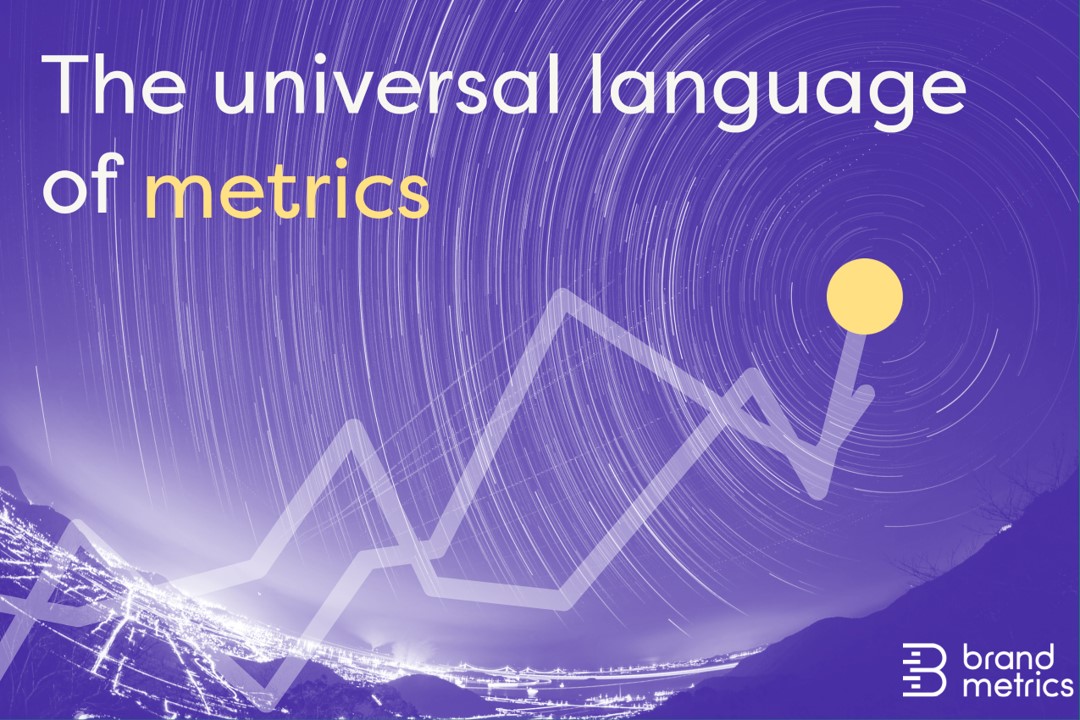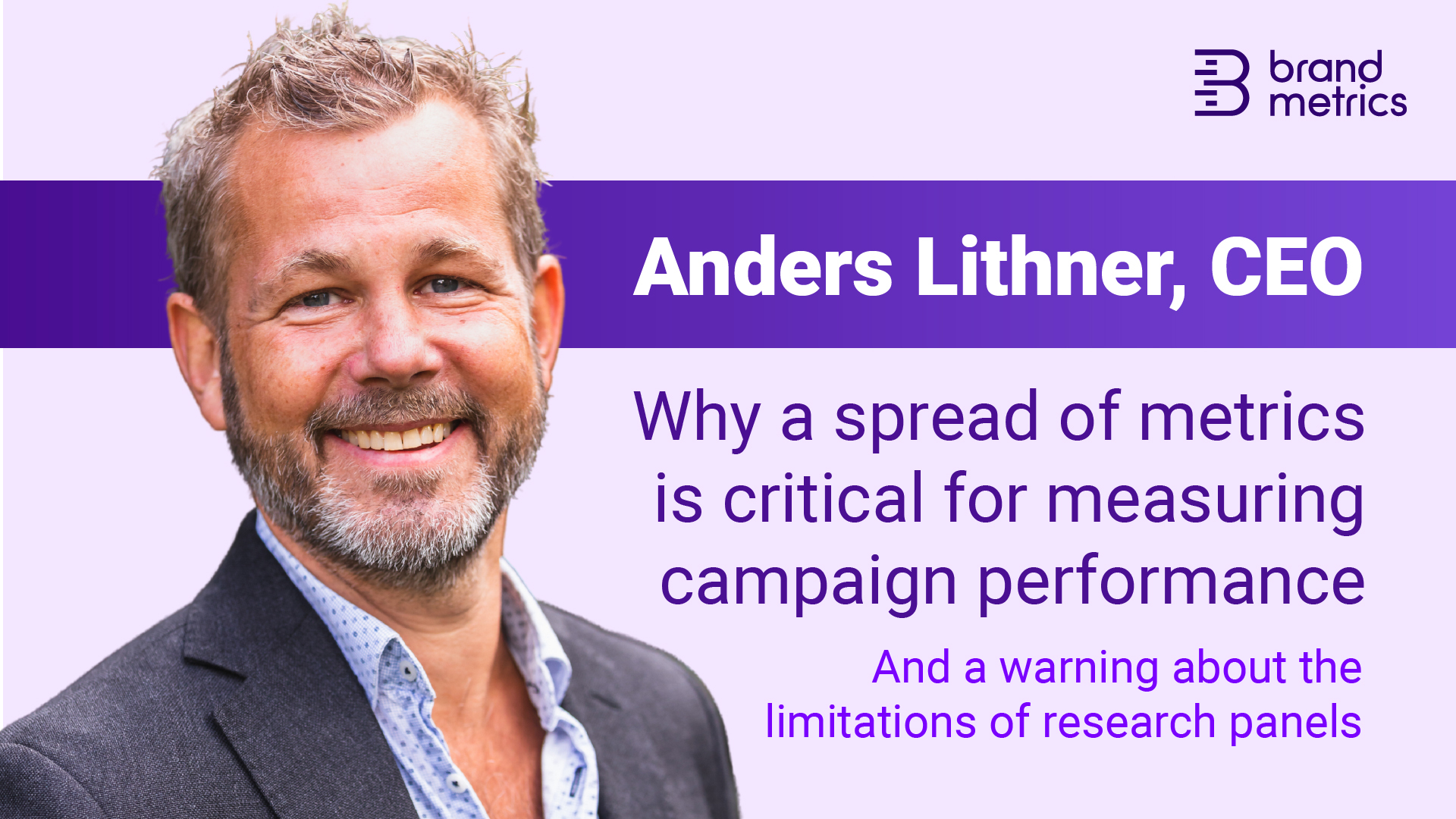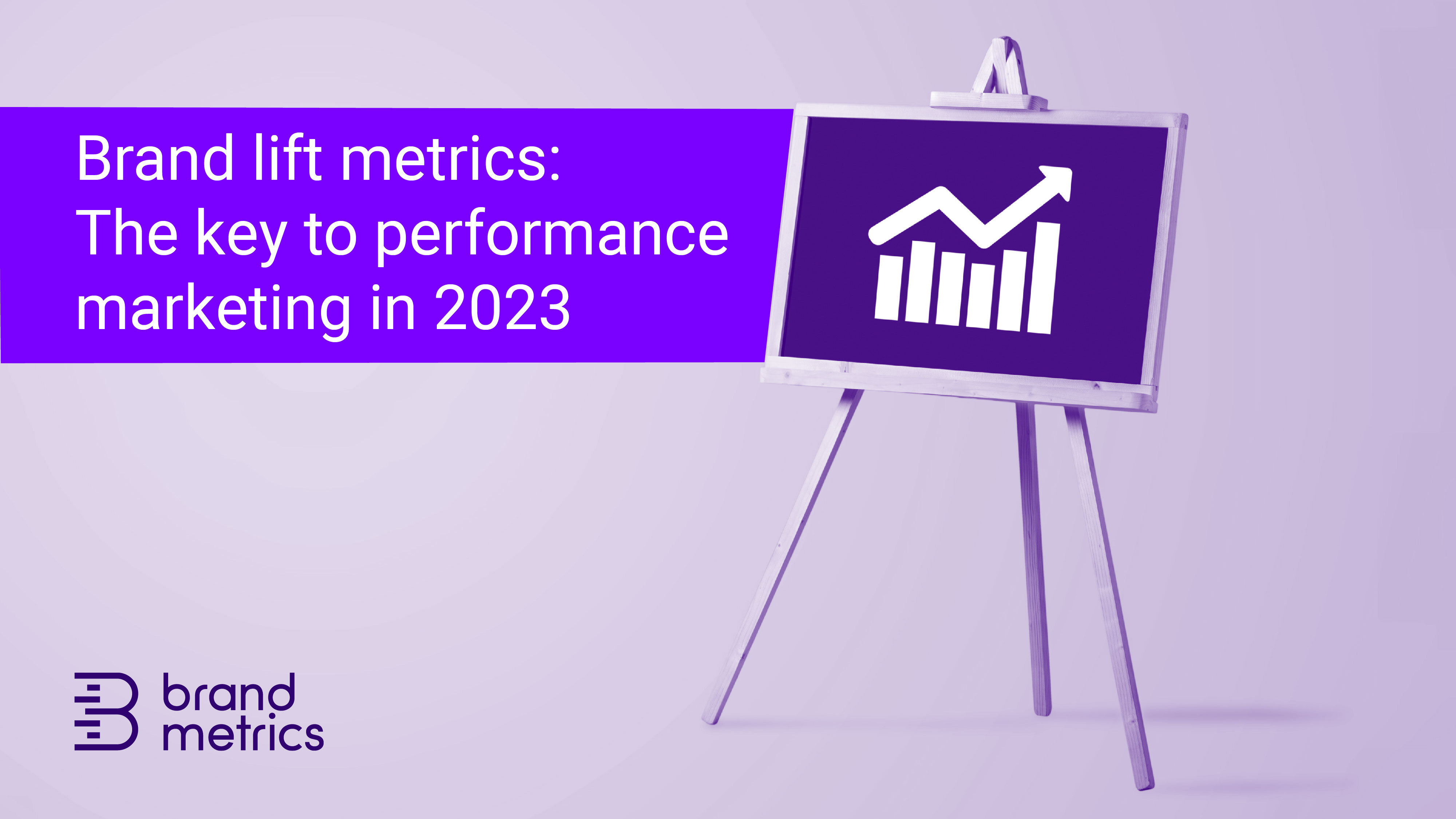Why everyone should be speaking the universal language of metrics

The single most important aspect of marketing in today’s world is analytics. As a marketer, knowing how your campaign performed is a critical requirement that will inform all advertising for the foreseeable future.
But what if the data is in itself ineffective? It’s all well and good asking the publisher to run a report on how many people saw the campaign that ran on their website, but do that a dozen times or more to cover off every different publisher you used and all you are left with is a stack of different spreadsheets showing a vast array of numbers that, separately, are next to useless. On the surface it may make sense for a publisher to run reports on ad hoc bases for individual campaigns. They get to present themselves in the most positive way, focusing on the best numbers that champion what they do. But while that may seem a good short term strategy, in reality they are not helping anyone, least of all themselves. This approach puts huge pressure on insights teams, it is expensive and time consuming, and is not transparent. Put simply it is akin to marking their own homework.
It is easy to understand why publishers might fall back on tried and tested methods - they are simply using data that is readily available to them and operating the same measurement process they have always relied on. But that does little to benefit the client. Different methods of monitoring ad effectiveness means brand managers may be seeing a whole host of very impressive looking statistics but they are not seeing any like-for-like measurement and so cannot draw truly effective conclusions that will inform the next stage of their advertising.
Knowing how many impressions a campaign received is important but brands are not running campaigns just so lots of people see them, they are looking for the knock on effect - are people then considering or buying their product as a result of seeing the ad?
Which is why we need to move away from one dimensional ‘data’ and start talking about ‘metrics’. Metrics offer a universal language of performance; a consistent approach across publishers and markets that enables the comparability that is essential for a real understanding of how an ad campaign has performed.
To avoid this disconnect there needs to be a common metric that becomes universal - across publishers and markets - so everyone, from single market brands and publishers to international businesses can gain a consistent, holistic view of the campaign performance.
In order to do this we must first define a “metric”. To me a metric is something that’s uniform - used by a lot of people; it is simple - it cannot be too complicated but must be boiled down to something fairly basic; and it is widespread - used across different publishers and different marketplaces.
A lot of companies operate globally so in an ideal world they will be talking the same language around metrics, regardless of where they're physically based. That’s when you start to get into something that is real, enabling the buy side to draw comparisons with other publishers in the same space, and enabling publishers to explore how they're performing in different areas of the world, but all using the same simple, easily understood set of numbers.
A further advantage of using consistent metrics is that measurement companies such as our own can add every piece of information to their benchmarks. So while we may not share individual publisher results, we are able to share how each one performed against our global benchmarks. And I don’t believe you can build benchmarks if you don't have a consistent way of measurement.
To me the really exciting bit about using global metrics is the ability to operate with more effectiveness at scale and allow businesses to change what they do in the future, which is when it all becomes far more dynamic; by capturing simple, consistent metrics in this way all parties can start to plan more effectively for the future. A big publisher running across various different markets might discover their campaigns are working much stronger in Country A than Country B, and with that knowledge they can start to explore what might be contributing to that success and how they can export some of that learning into their other markets.
And in turn they can help their advertisers generate a more positive return on their campaigns. By building a bank of knowledge around what works and what doesn’t, they can help their customers tweak their activity and go on to attract new customers with the promise of this accessible, uniform insight.
Running comparable metrics at scale, tapping into benchmarks and beginning to build something more than a spreadsheet is advantageous on every level, to every party. Perhaps it’s time to stop talking about data and start talking about metrics.











